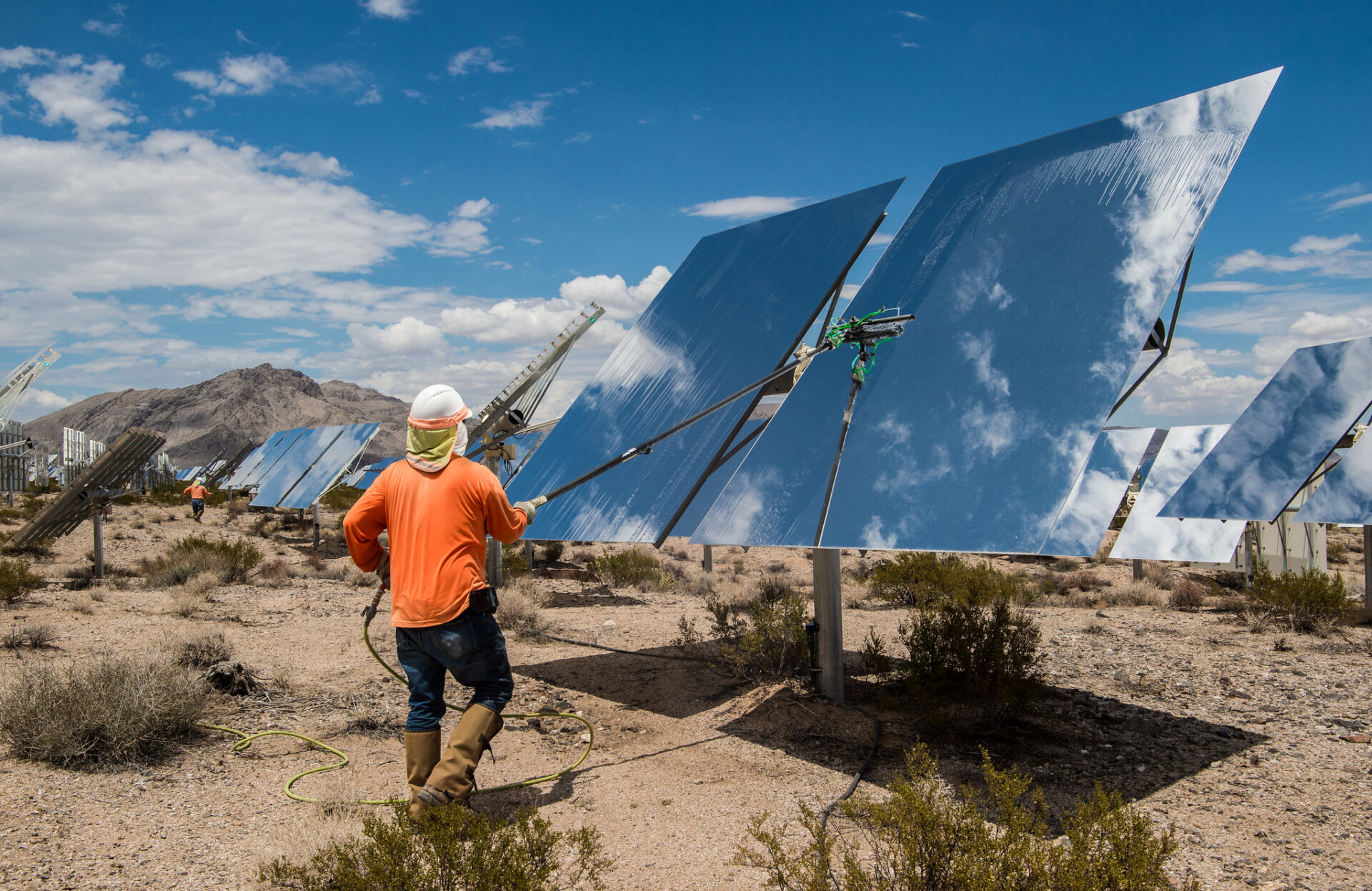What policies and institutional support are needed for further development of a US green industrial base? E3G and Employ America hosted a join discussion on the way forward.
Nearly one year has passed since the start of the war against Ukraine. Energy security concerns have accelerated the interest in reshoring clean energy technology manufacturing.
The United States is now solidifying the foundation of a green industrial strategy. President Biden has repeatedly invoked the Defense Production Act (DPA) to accelerate the manufacturing of clean energy technology, and Congress has passed the bipartisan infrastructure law, the CHIPS and Science Act, as well as the Inflation Reduction Act (IRA).
But what further policies and institutional support are needed for the development of a US industrial base? What industrial policies are needed to ensure the Inflation Reduction Act (IRA) has the impact needed for sustainable development? Domestic and international aspects of supporting industrial and supply chain development are central to this issue.
E3G partnered with Employ America to co-host an event following the midterm elections and the start to IRA implementation. This event highlighted the bipartisan opportunities and fleshed out needed institutional reforms and transformative policies to develop a green industrial base.
The event was keynoted by Carla Frisch, Acting Executive Director and Principal Deputy Director of the U.S. Department of Energy (DOE) Office of Policy. Other speakers were Arnab Datta, Senior Counsel at Employ America, Isabel Estevez, Deputy Director of Industrial Policy and Trade at the Roosevelt Institute, Julius Krein, Editor and founder of the American Affairs magazine. The event was moderated by Melanie Brusseler, Senior Researcher in macrofinance and industrial planning at E3G.
The discussion featured transmission upgrading, mineral supply chains, and incorporating wider social policies into green transformation strategy.


